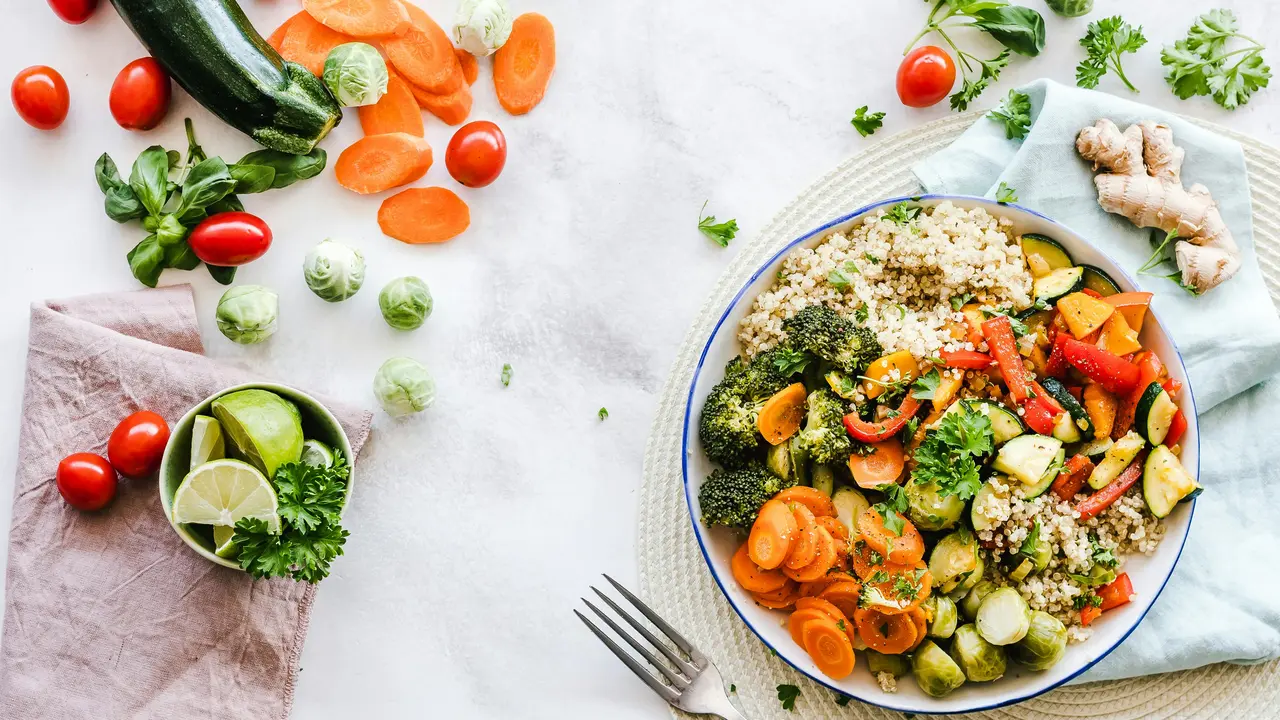When it comes to eggs, a common question arises: what has more protein, the yolk or white? This debate has been ongoing among health enthusiasts, athletes, and everyday cooks alike. In this article, we will dive into the nutritional differences between yolk and white, uncovering which part of the egg packs a stronger protein punch while also exploring the overall benefits of each component.
Understanding Egg Composition: What Has More Protein, the Yolk or White?
The Basic Composition of an Egg
An egg is a powerhouse of nutrition, containing essential proteins, fats, vitamins, and minerals. Understanding its composition is key to answering the question: what has more protein, the yolk or white? Here’s a quick breakdown:
- The egg white, or albumen, is composed mainly of water (about 90%) and proteins (about 10%).
- The yolk contains fats, proteins, vitamins, and minerals, with a richer nutrient profile compared to the white.
Nutritional Profile: Yolk vs. White
To determine which part of the egg has more protein, it is essential to analyze their nutritional profiles. A large egg typically contains about 6 grams of protein in total, divided unevenly between the yolk and the white:
- Egg White: Approximately 3.6 grams of protein.
- Egg Yolk: Approximately 2.7 grams of protein.
From this data, it is clear that the egg white contains more protein than the yolk on a per-gram basis. However, it’s important to consider other nutritional factors when evaluating the benefits of each part.
Beyond Protein: The Nutritional Benefits of Egg Yolks
The Richness of Nutrients in Yolks
While egg whites may have a higher protein content, egg yolks are rich in various essential nutrients that play vital roles in health:
- Vitamins: Yolks are an excellent source of vitamins A, D, E, and K.
- Minerals: They contain significant amounts of iron, phosphorus, and selenium.
- Healthy Fats: Yolks provide beneficial fats, including omega-3 and omega-6 fatty acids.
This nutrient density makes yolks a valuable addition to a balanced diet, despite their lower protein content compared to whites.
Heart Health and Beyond
Concerns regarding cholesterol levels have led many to avoid egg yolks. However, research suggests that moderate consumption of egg yolks does not significantly impact heart disease risk for most individuals. Additionally, the nutrients found in yolks can benefit:
- Brain health: The presence of choline is crucial for cognitive functions.
- Vision: Certain antioxidants found in yolks can help protect against macular degeneration.
Are Egg Whites the Ideal Protein Source?
Protein Quality and Digestibility
Egg whites are often favored in high-protein diets due to their lean nature and higher protein concentration. They also contain a balance of amino acids necessary for muscle repair and growth. The protein in egg whites is highly digestible, making it a popular choice among athletes and fitness enthusiasts.
How to Incorporate More Egg Whites into Your Diet
If you’re looking to boost your protein intake, consider these ways to incorporate egg whites into your meals:
- Omelettes made with egg whites and plenty of vegetables.
- Egg white scrambles with added lean meats.
- Using egg whites in protein shakes or baked goods for added structure.
Balancing Your Egg Consumption: Yolk vs. White
Incorporating Both for Optimal Nutrition
Ultimately, the choice between yolk and white should depend on your dietary goals and health needs. Incorporating both can provide a balance of protein and essential nutrients:
- For a protein boost, focus on egg whites.
- For a rich source of vitamins and healthy fats, include yolks.
Remember that moderation is key, and whole eggs can be part of a healthy diet for most people.
Conclusion: The Final Verdict on Protein Content
In conclusion, when addressing the question of what has more protein, the yolk or white, the evidence leans towards the egg white. However, the yolk offers a wealth of other crucial nutrients that enhance overall health. Including both parts in your diet allows you to reap the benefits of protein while enjoying the fuller nutritional profile of egg yolks. Don’t forget to share this article with friends interested in the nutritional aspects of eggs, and explore more of our content for healthy eating tips!
Protein – Recent Articles
- Which Flour Has Most Protein? Discover the Best Options!
- How Much Protein Can Your Body Digest at One Time? Find Out!
- Is Whey Protein Dairy Free? Discover the Surprising Truth!
- What’s the Difference Between Fairlife Protein and Core Power?
- Will Protein Make You Constipated? Discover the Truth!
Protein – Useful Links
- Harvard T.H. Chan — The Nutrition Source: Protein
- Nutrition.gov — Proteins
- USDA FoodData Central
- Protein Information Resource (PIR / UniProt related resource)
- HelpGuide — Choosing Healthy Protein
